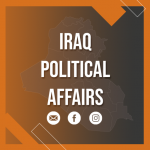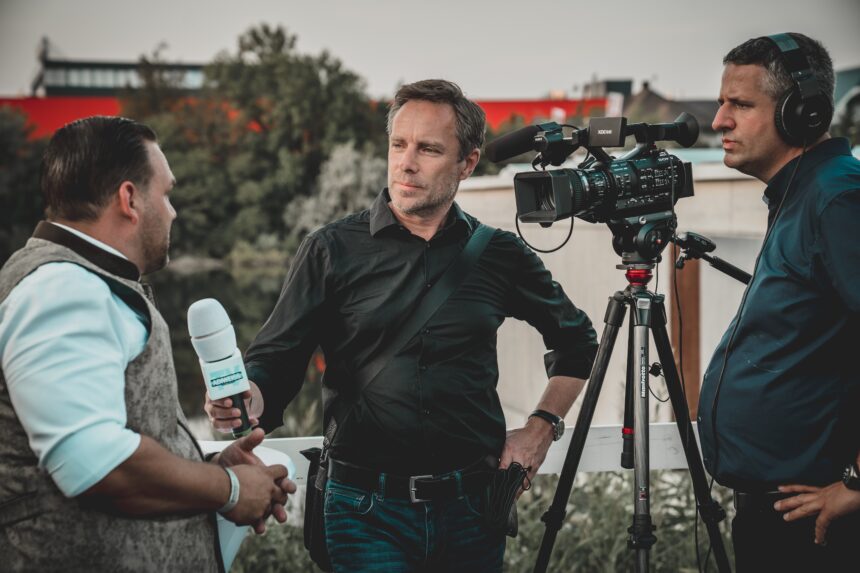Media is a powerful tool in shaping public opinion and influencing political discourse. In Iraq, the media has played a crucial role in the country’s transition to democracy and in promoting transparency and accountability in government. However, the Iraqi media faces numerous challenges, including censorship and political interference. In this blog post, we will explore the role of the Iraqi media in shaping public opinion. So without wasting your time let get started,
Fake news is a big thing in the field of Social Media Journalism. Fake news can be as simple has spreading misinformation.or as dangerous as smearing hateful propaganda.
Fabrizio Moreira
The Iraqi Media Landscape
After the fall of Saddam Hussein’s regime, Iraq’s media landscape underwent significant changes. Previously state-controlled media gave way to a new, more diverse media environment that includes private TV and radio stations, newspapers, and online news websites. This diversity has allowed for greater freedom of expression, but it has also led to concerns about the accuracy and objectivity of news reporting.

Role Of The Media In Polarized Politics
In a country where politics is still highly polarized, the media has become a battleground for competing narratives and agendas. Political parties and groups often use their media outlets to promote their interests and discredit their opponents. This has led to a fragmentation of the media landscape, with different outlets catering to different audiences and viewpoints.
However, despite these challenges, the Iraqi media has also played a crucial role in promoting transparency and accountability in government. Investigative journalism has exposed corruption and human rights abuses, and journalists have pushed for greater access to information and freedom of expression.
Promoting Democracy And Free Speech
The media has played a vital role in promoting democracy and free speech in Iraq. It has provided a platform for the public to express their opinions and hold government officials accountable for their actions. It has also helped to raise awareness about human rights abuses and promote transparency in government.
However, the media in Iraq faces numerous challenges, including threats and violence against journalists, political interference, and censorship. These challenges have made it difficult for the media to play its role effectively, and there is still a long way to go in terms of promoting free and independent media in Iraq.
Optimizing Social Media
Social media has emerged as a powerful tool for shaping public opinion in Iraq. Platforms like Facebook and Twitter have become popular channels for people to express their views and engage in political discourse. They have also provided a platform for citizen journalists to report on events and share information that might not be covered by traditional media outlets.
However, social media has also been a source of misinformation and propaganda, with political parties and groups using social media to spread false information and shape public opinion. This has led to concerns about the accuracy and objectivity of news reporting and the impact of social media on democratic processes.
Conclusion
In conclusion, the Iraqi media plays a critical role in shaping public opinion and influencing political discourse in the country. Despite the challenges that it faces, the media has been instrumental in promoting democracy, free speech, and transparency in government.
However, there is still a long way to go in terms of promoting free and independent media in Iraq, and it is essential to continue supporting the media in its efforts to promote democratic processes and human rights.






